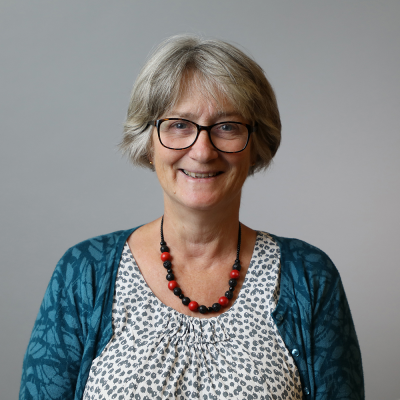
Working on a project a few years ago about housing and older people in a London borough, I was struck that rates of life expectancy were among the highest in the country. At the same time, men in the most affluent areas could expect good health for almost 25 years more than men in the poorest part of the borough – a dramatic illustration of how where you live, and how well-off you are, can affect your health.
These kinds of social and economic factors (or determinants) are things like where we live and work, our relationships and social connections. Their influence on health has been more widely recognised in recent years (for example, see the Marmot Review) and are now quite well understood by researchers and public health professionals. We know that action on these wider factors will help to improve population health and reduce inequalities – but at the same time, health may also influence economic and social outcomes.
There has been limited research into this latter point though, including how and how much health impacts on an individual’s economic and social outcomes. We also know little about the value of health itself, either for individuals or society as a whole. For example:
- To what extent does good health in your 50s and early 60s affect your economic and social outcomes in retirement?
- How does someone’s mental or physical health in early adulthood affect their ability to find good work or a secure home later on?
- How has this changed (if at all) between generations?
- And what are the benefits of investing in health for society as a whole?
Building an evidence base which demonstrates the value for money and value to society of adopting strategies that promote and maintain good health is critical, particularly in the current financial climate. As Anita Charlesworth and Louise Marshall observed in their contribution to a Healthier Life for All: ‘Motivating sectors beyond health to invest requires evidence of the economic benefits to them of doing so: we must therefore make the business case for a “health in all policies” approach, and move towards framing health and wellbeing as a valuable asset’.
Finding evidence to answer these questions about the value of health is a concern reflected in our Healthy Lives for People in the UK strategy, which aims to build understanding of the value of health as an asset in economic and social terms. For example, how could investing in health (rather than health care) help to extend working lives? As a first step towards this, we have launched a £1.5 million research programme on the economic and social value of health in August 2017.
The open call aims to fund research into the impact of the physical and mental health of individuals on their own economic and social outcomes across the course of a person’s life (rather than into the impact of economic and social factors on health). We do, however, recognise that there may be a vicious circle where health may causally impact on an economic outcome in such a way that may, in turn, create or exacerbate health problems.
This is the first time the Health Foundation has funded a research programme focused on health, rather than health care. We expect the successful research projects to help us to understand the economic and social benefits of investing in health. Longitudinal surveys will be an exceptional source of data and are likely to provide a starting point for many of the funded projects. Others may look at trajectories over the course of a person’s life through qualitative methods. Some may do both. It is an opportunity for both innovative ideas and methods.
It’s exciting to think that by better understanding the value of health and finding effective ways to invest in health across a person’s life, it may be possible to improve people’s economic and social outcomes. We will be interested in those outcomes that are compatible with further improvements of health. In the long term, this could create a virtuous circle, closing those gaps in healthy life expectancy that are too visible in our society.
Liz Cairncross is a Research Manager at the Health Foundation
The deadline for applications to the open call is midday on Friday 29 September 2017.
Find out more about the open call
Further reading
Work with us
We look for talented and passionate individuals as everyone at the Health Foundation has an important role to play.
View current vacanciesThe Q community
Q is an initiative connecting people with improvement expertise across the UK.
Find out more

